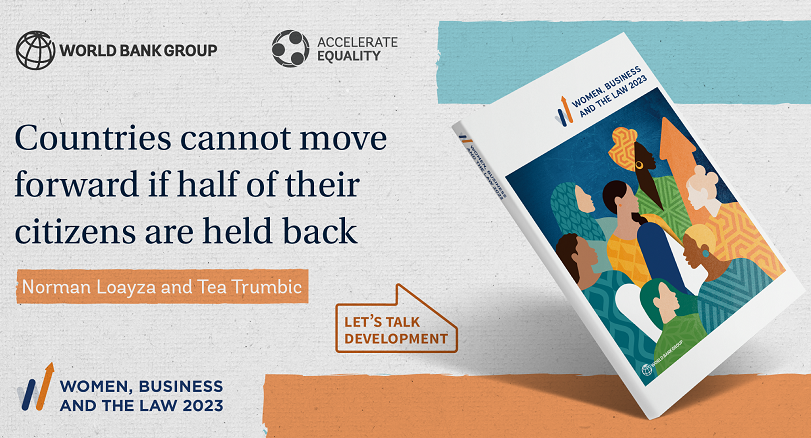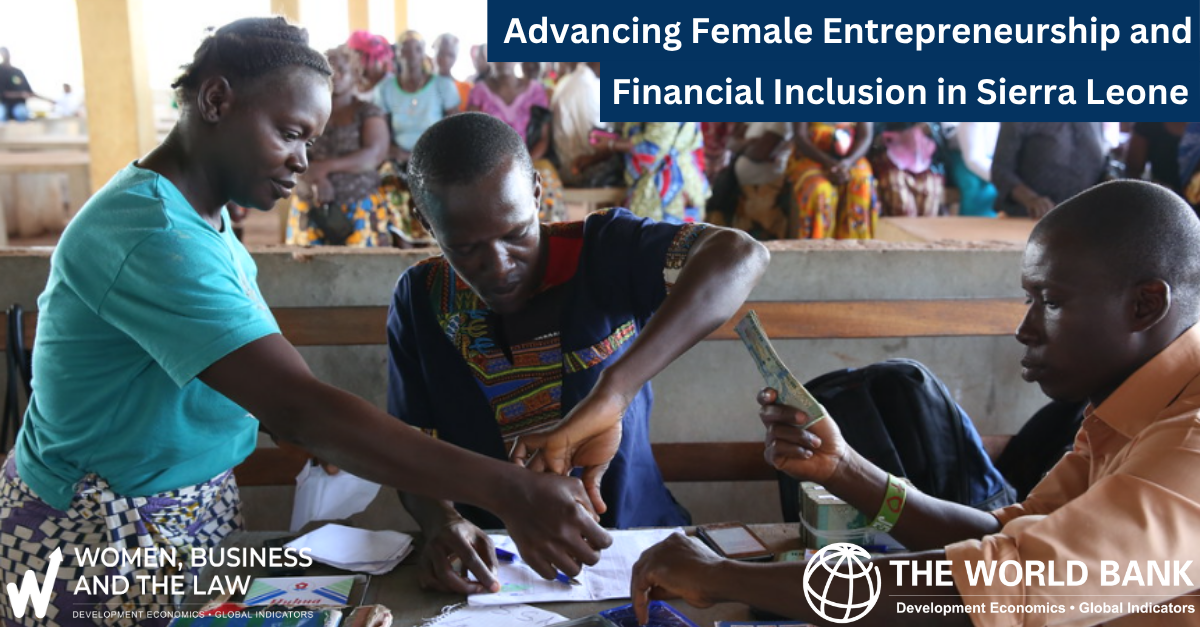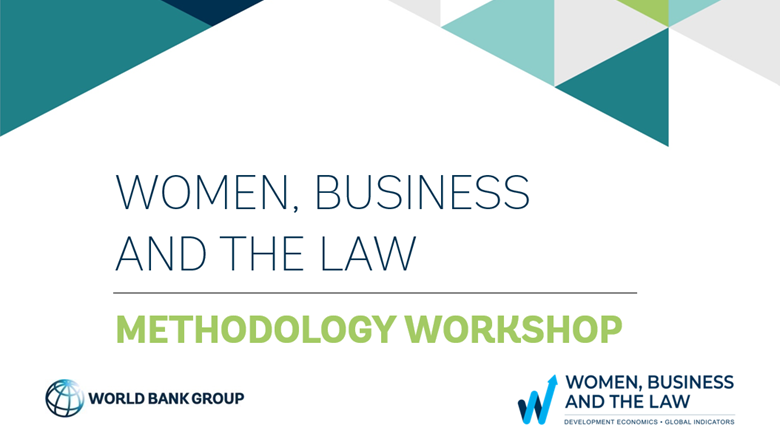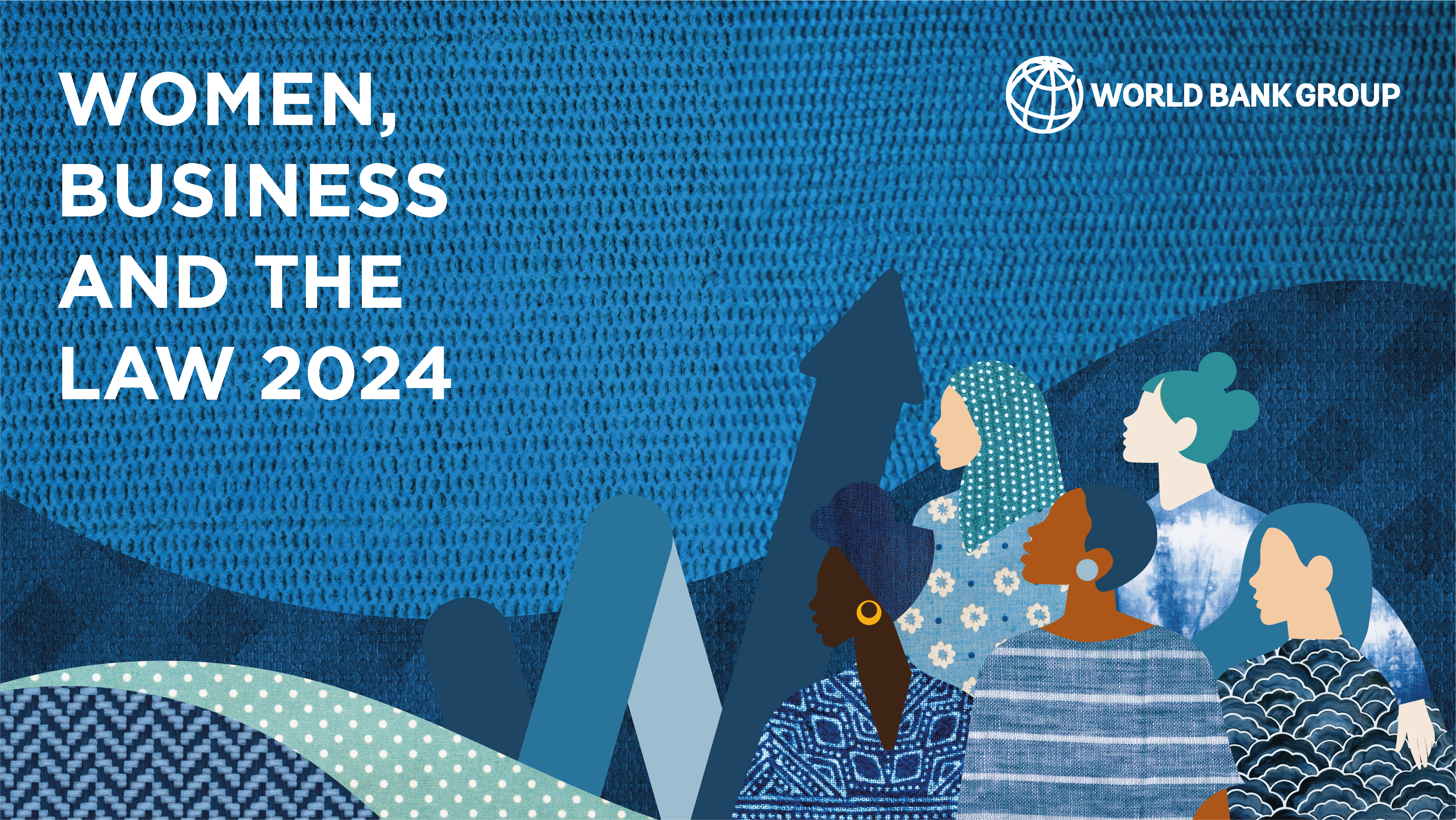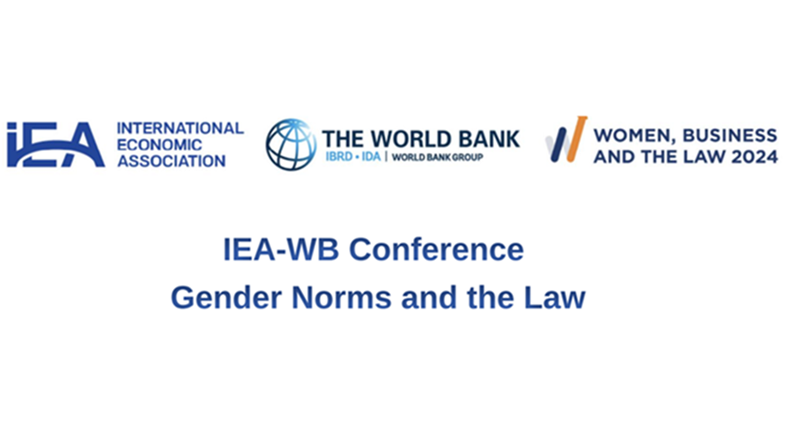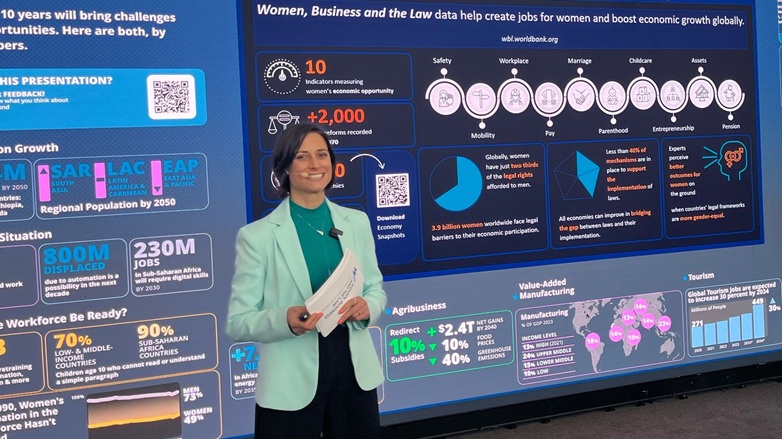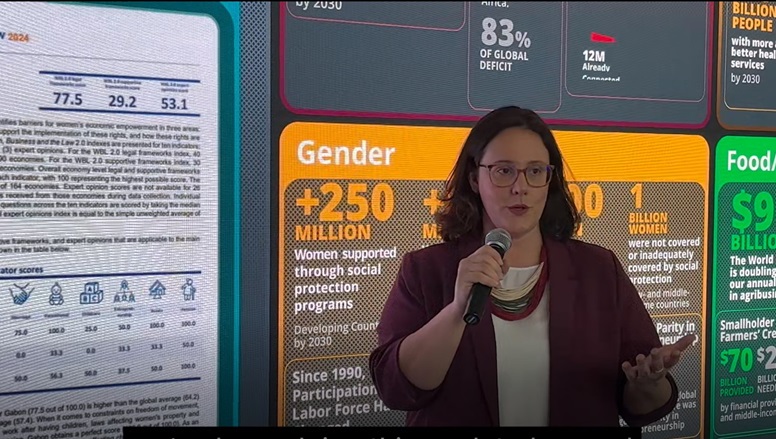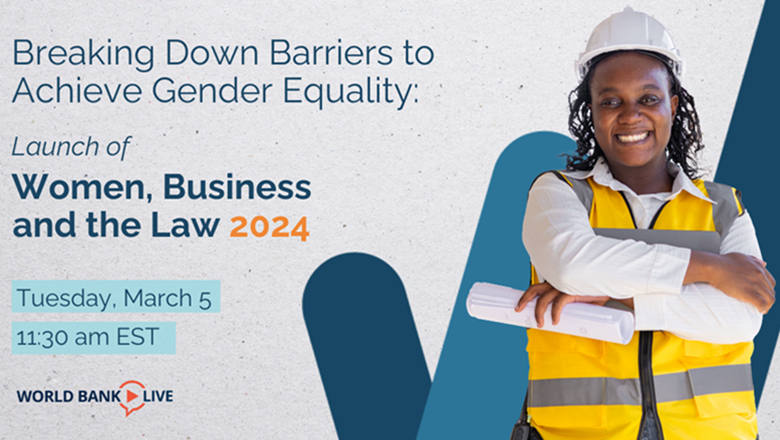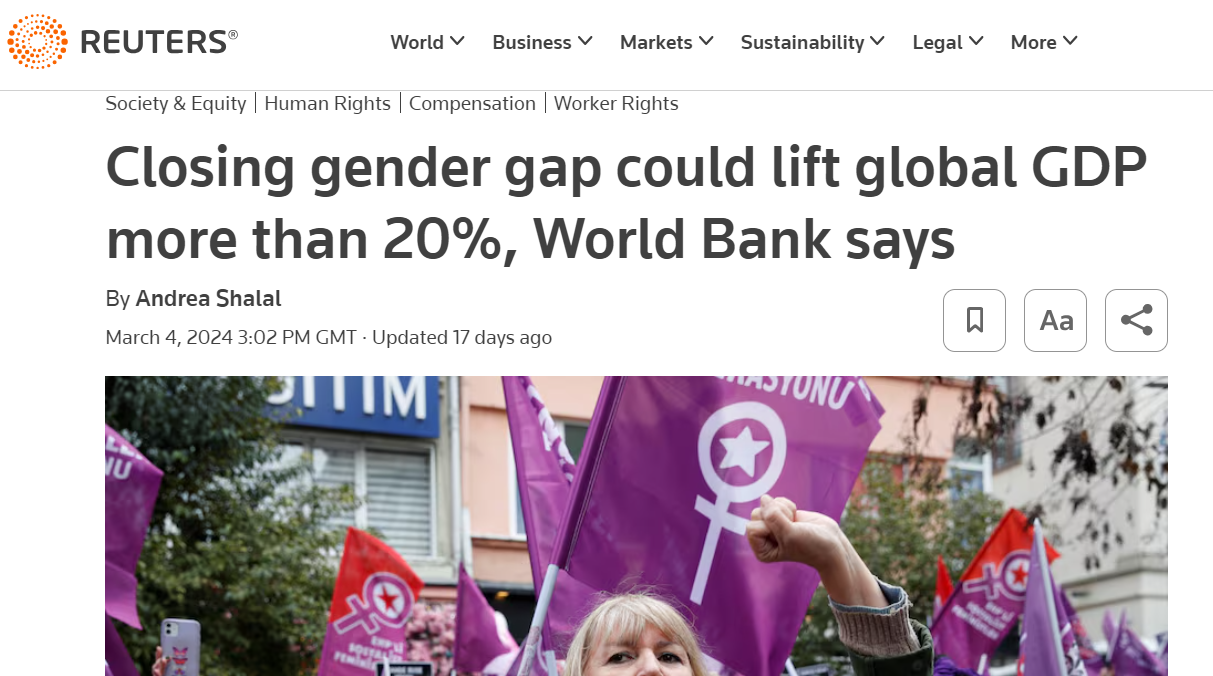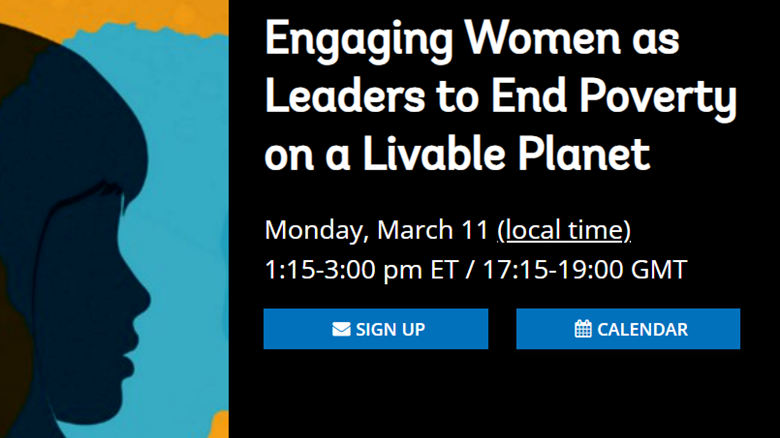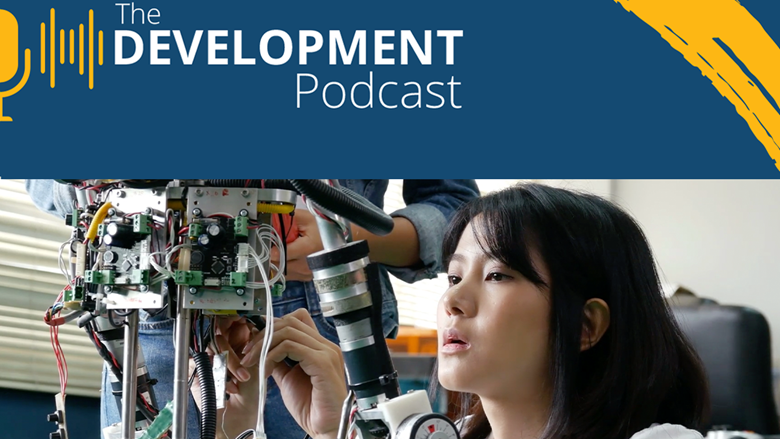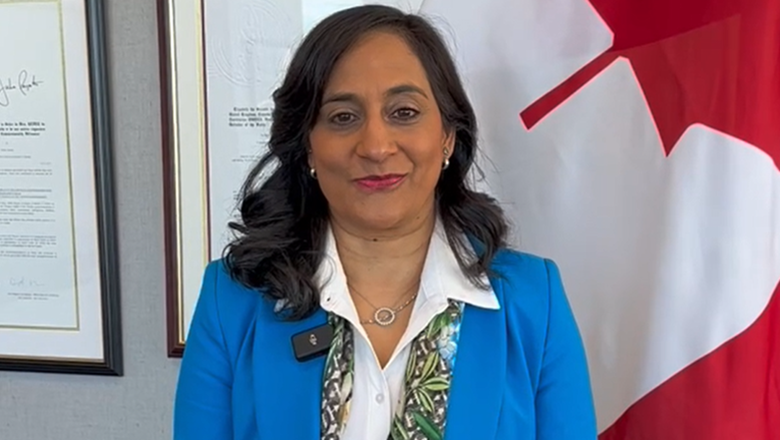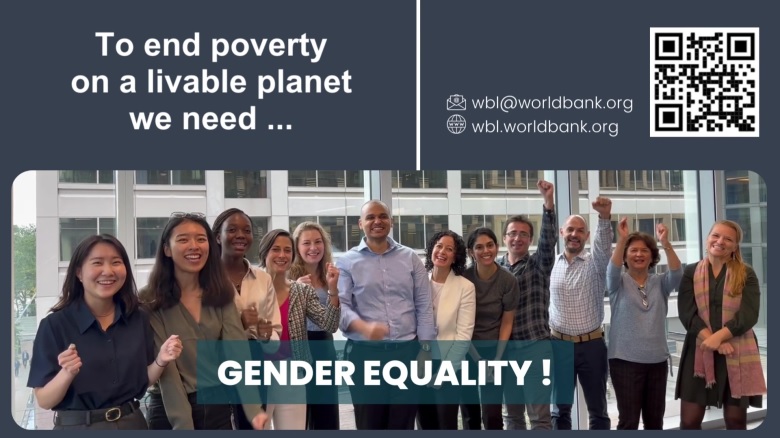Drivers and Barriers for Legal Gender Equality in Europe and Central Asia (Russian)
Women, Business and the Law and the Women’s Entrepreneurship Development Foundation partnered to co-host a webinar on the state of women’s economic opportunities in the Europe and Central Asia region, highlighting regional good practice examples and opportunities for reforms.
CSW 68 Event: Engaging Women as Leaders to End Poverty on a Livable Planet
Watch the reply of the 68th Session of the Commission on the Status of Women as we discuss how to engage women as leaders to end poverty on a livable planet.
Development Podcast: The journey towards gender equality: are laws on the books enough?
Discover how closing the gender gap can benefit society on the special episode of the Development Podcast.
Message by Minister Anand of Canada
Watch the video message from Minister Anand, who now serves as the Minister of Foreign Affairs of Canada, commemorating the launch of WBL 2024.
Message by Secretary General Chungong of Inter-Parliamentary Union
Watch the video message celebrating the launch of WBL 2024 from Secretary General Chungong of the Inter-Parliamentary Union.
To End Poverty on a Livable Planet, We Need Gender Equality
Gender equality is critically important to ending poverty. Why? It benefits not only women, but also societies and entire economies.
